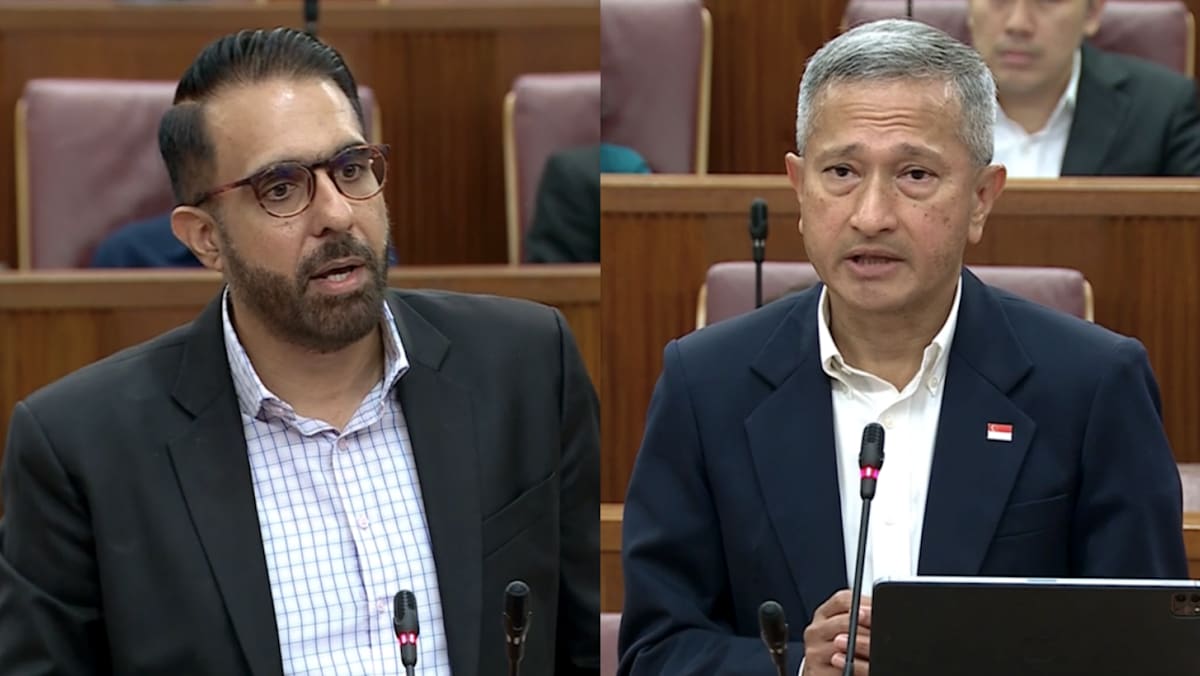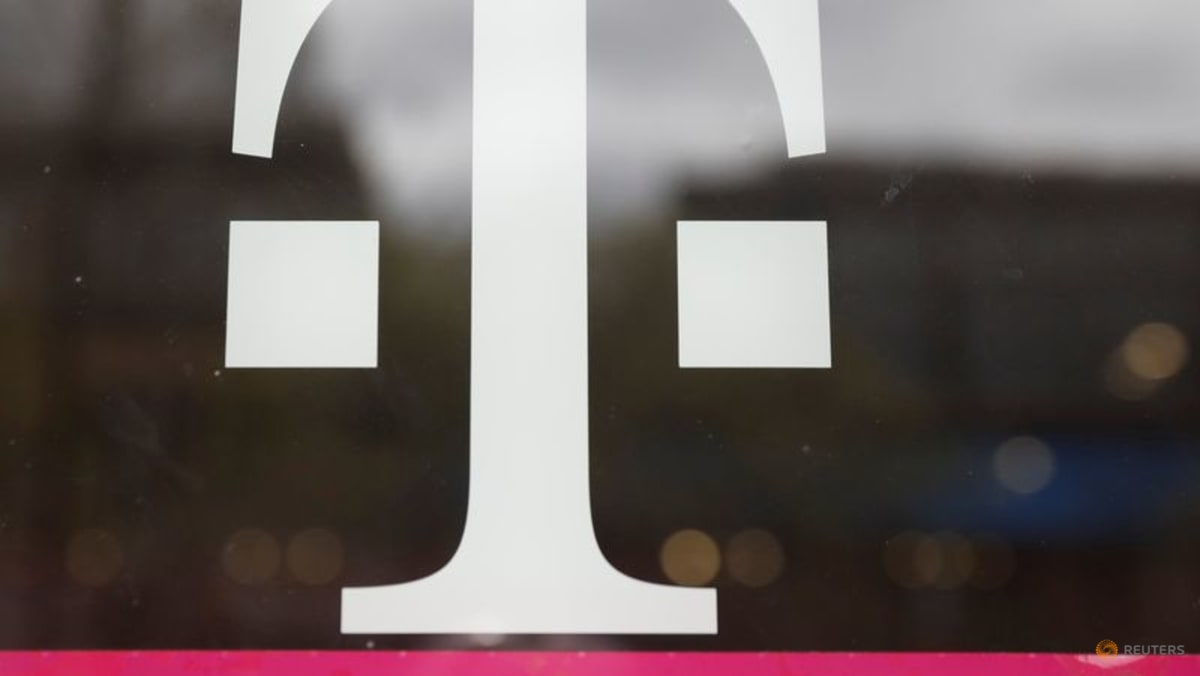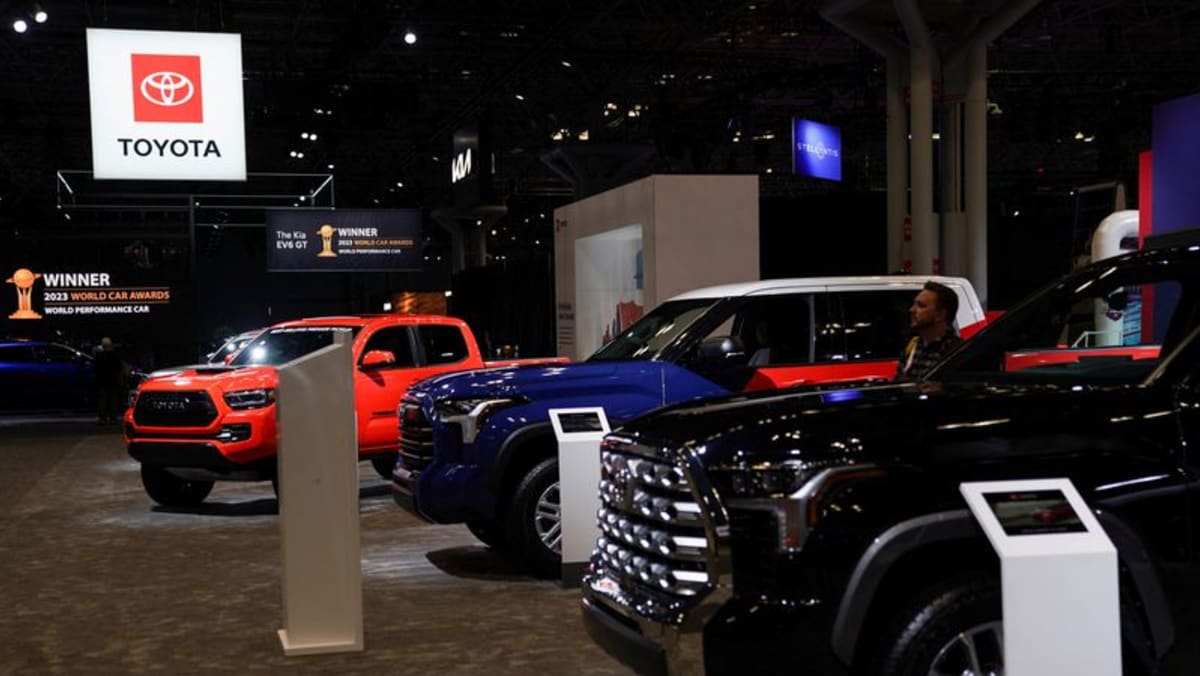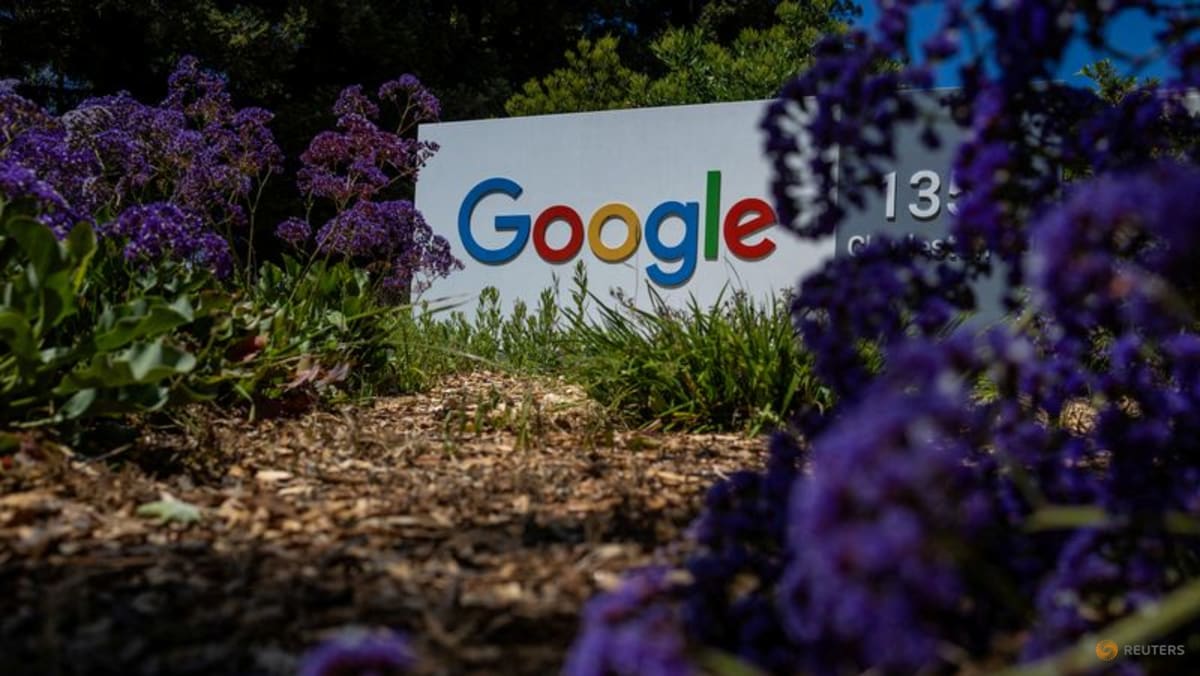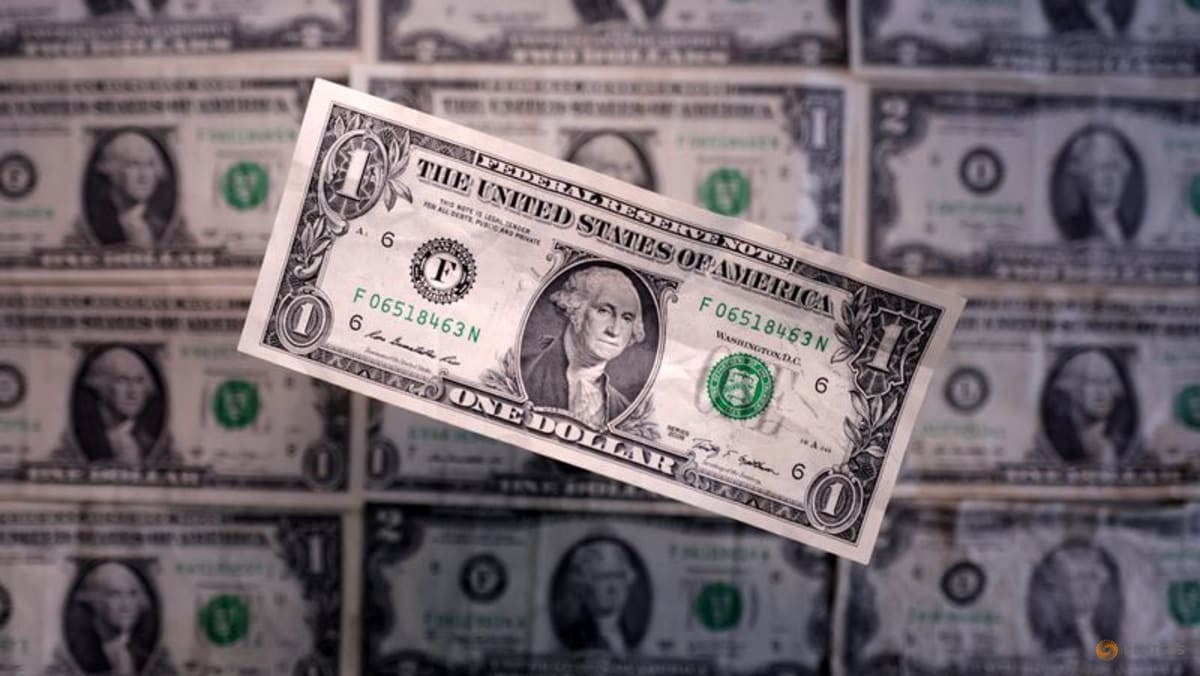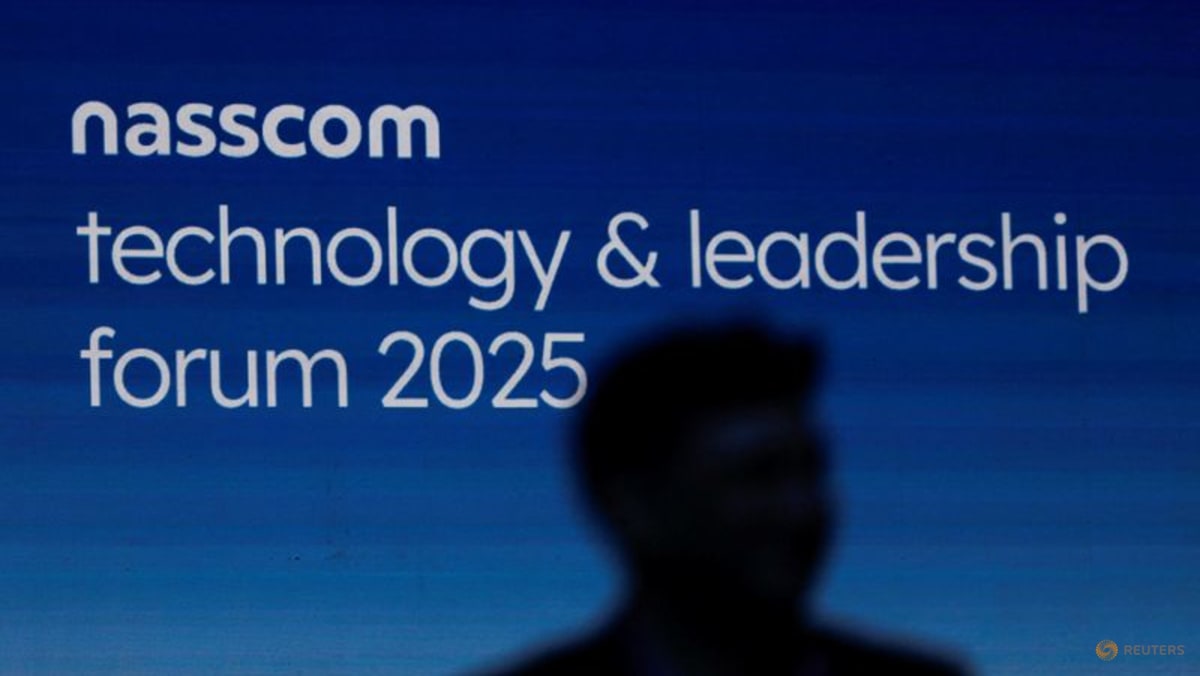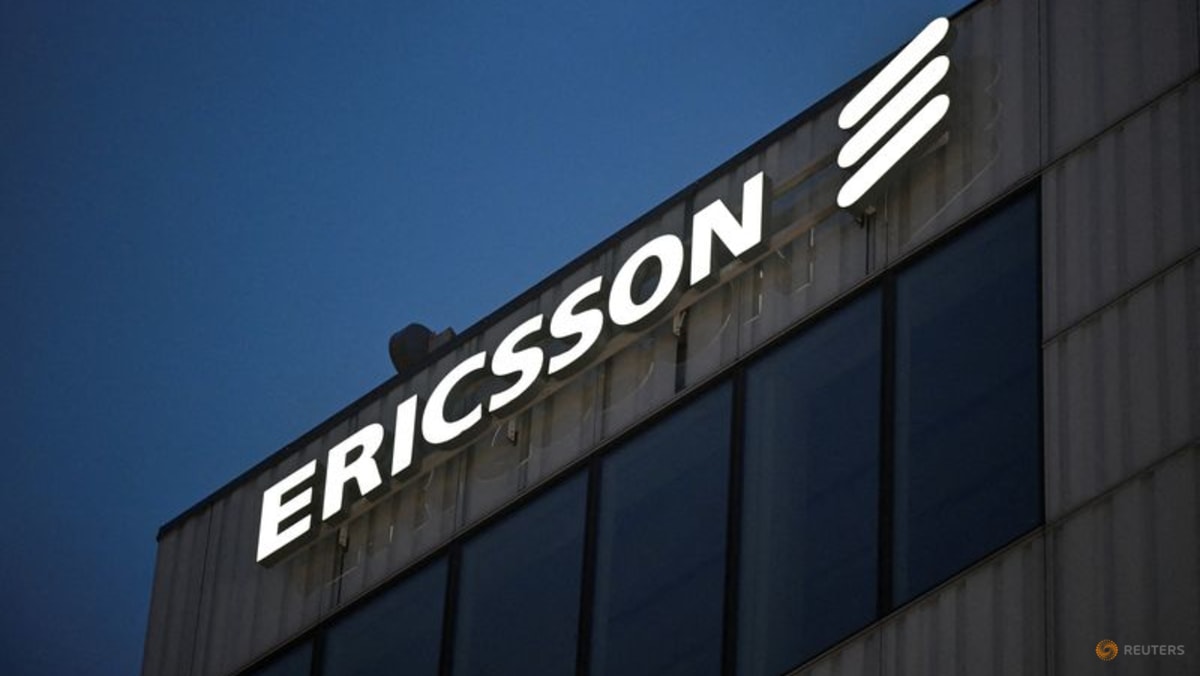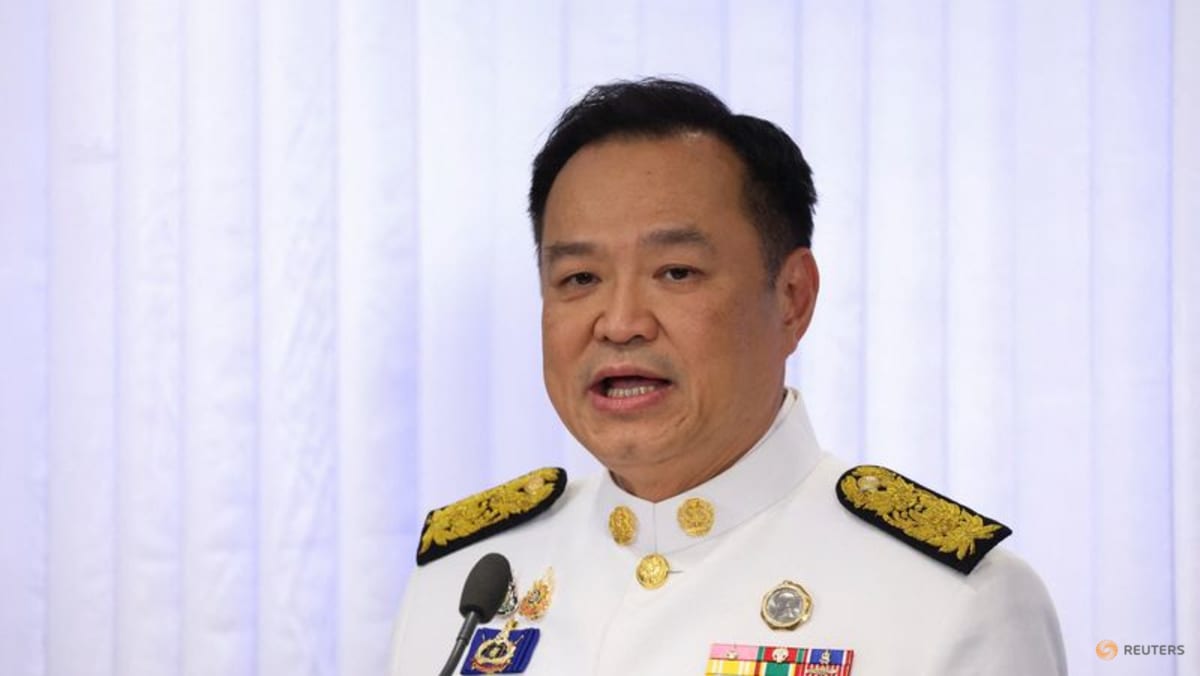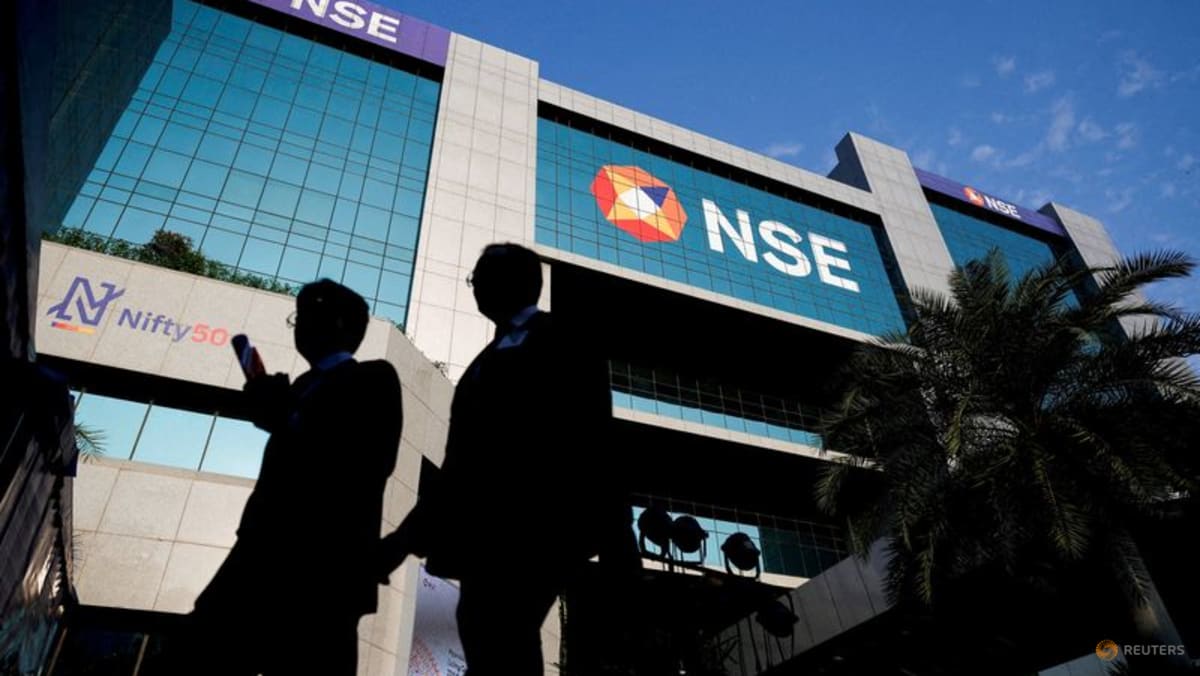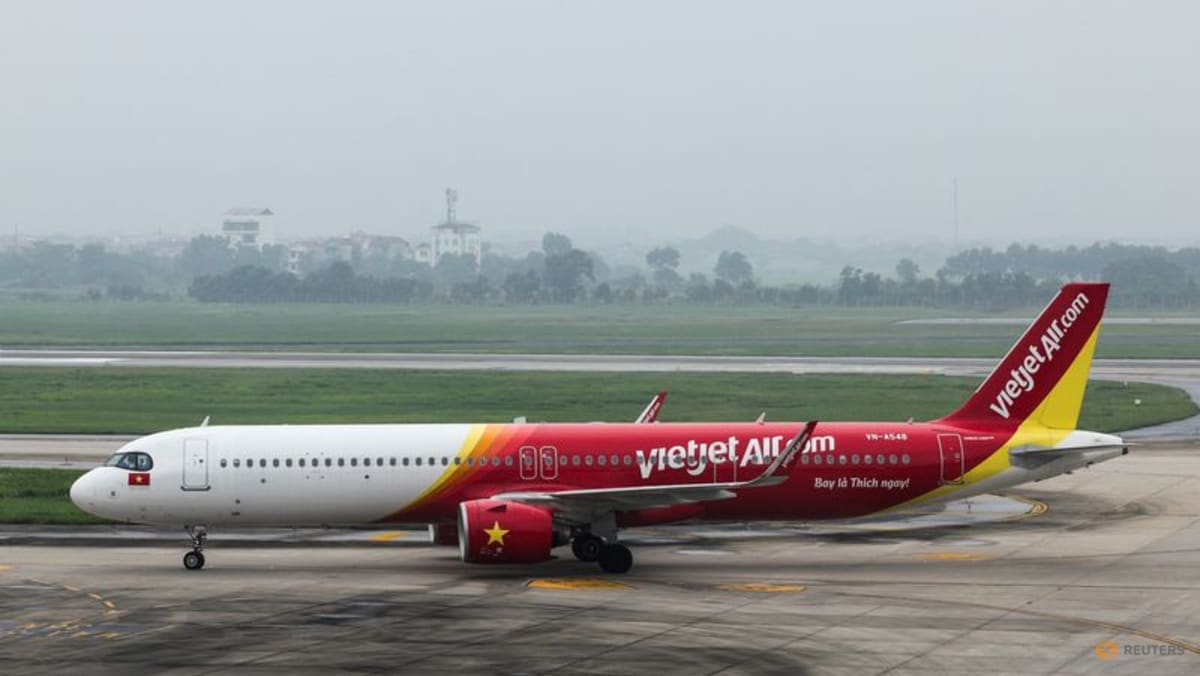MORE INVESTMENT?
While Hyundai and Kia have three US factories, they still import about two-thirds of the vehicles sold there. Toyota manufactured 1.3 million vehicles in the US last year, equal to 54 per cent of the vehicles it sold there. Japanese automakers have invested more than US$66 billion in US manufacturing since the 1980s, building some two dozen plants, according to the JAMA auto lobby group.
At a White House event attended by Trump in March, Hyundai announced a US$21 billion investment plan, including a new steel factory, and a plan to boost US production capacity to 1.2 million vehicles a year.
The tariffs are likely to encourage Japanese and South Korean automakers to invest more into expanding production capacity and localising supply chains to protect their positions, said Justinas Liuima of research firm Euromonitor International.
They will also continue to benefit from one aspect of US protectionism: higher tariffs on Chinese EVs, which means they don’t face the same Chinese competition in the US that they do in emerging Asian markets, Liuima said.
China ships very few cars to the US, which imposed a 100 per cent tariff on imported Chinese EVs under the previous administration of President Joe Biden.
One of the Japanese executives said it was not a matter of simply boosting US production, as high costs, especially of labour, would also weigh on profitability.
“It is really a game-changer,” Julie Boote, analyst at Pelham Smithers Associates in London, said about the potential longer-term tariff impact.
Some automakers have held off giving guidance that takes into account tariffs for the full year, meaning investors may be in store for a rude awakening as companies adjust forecasts as they report quarterly earnings, she said.
“There’s lots of talk that it’s already priced in. I don’t really think it is.”
